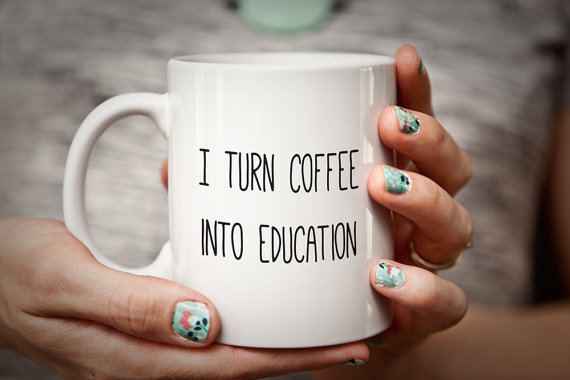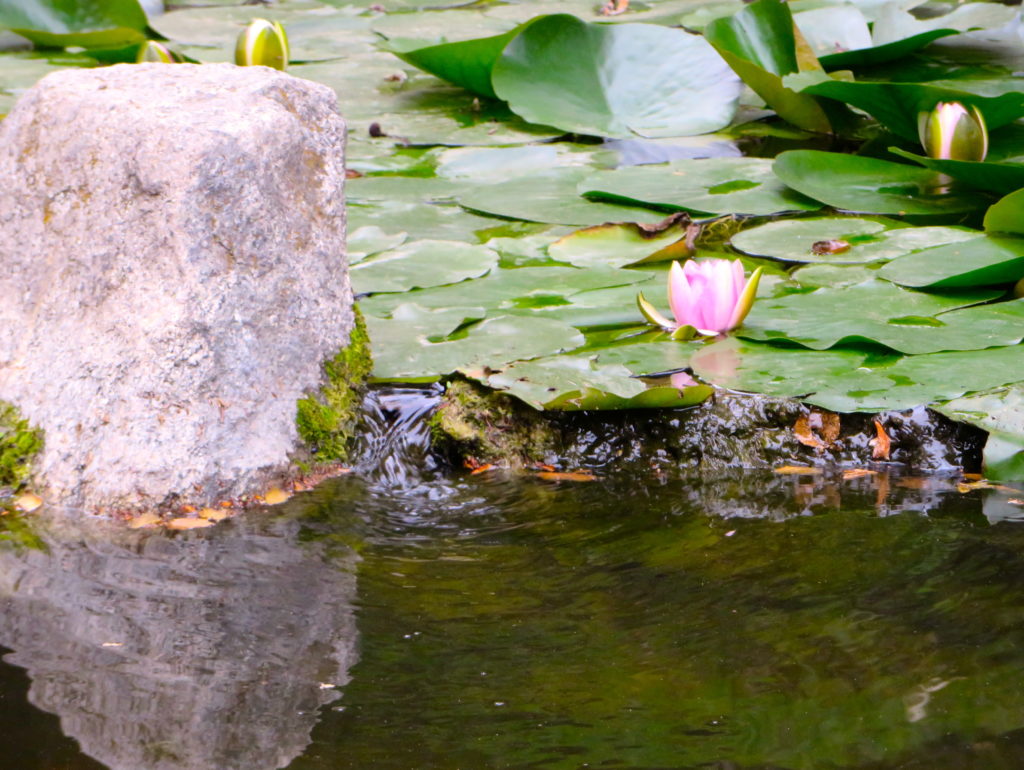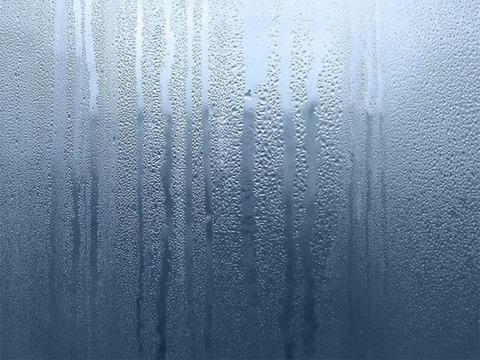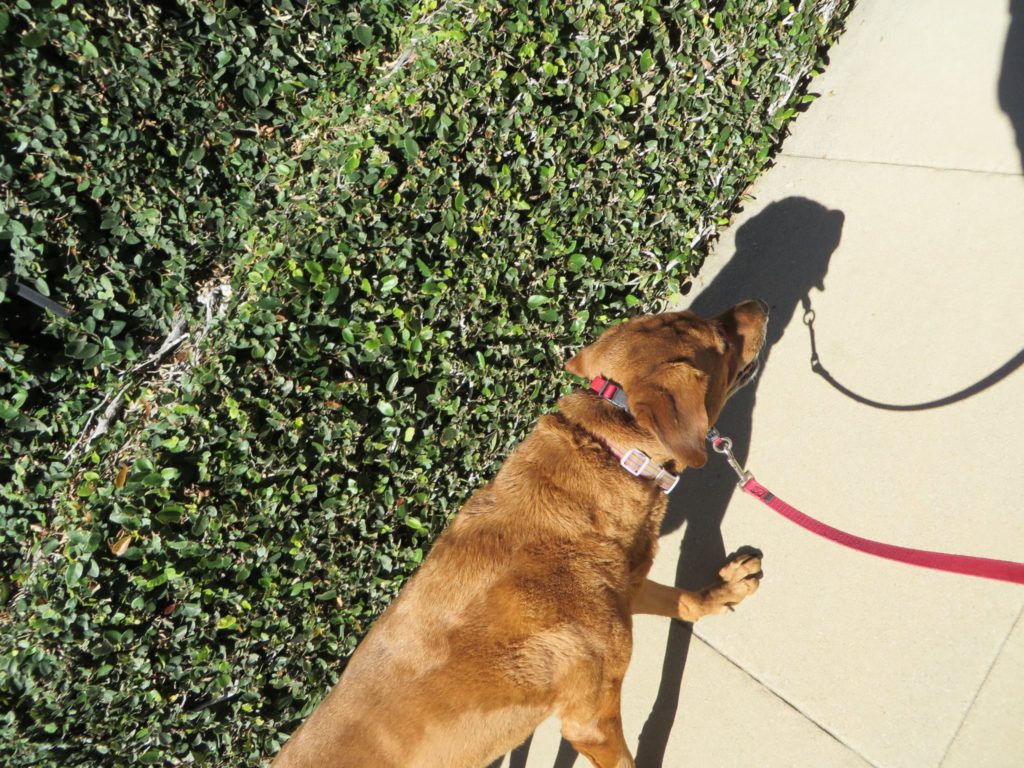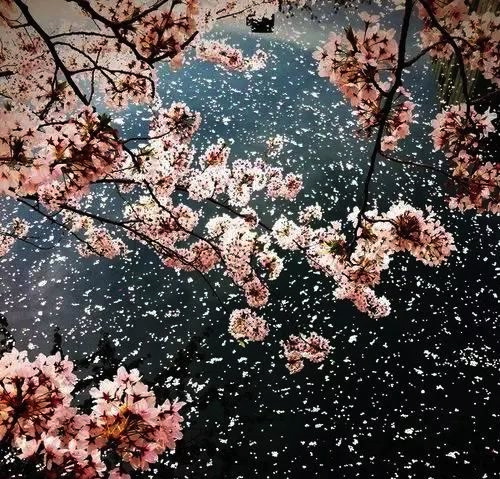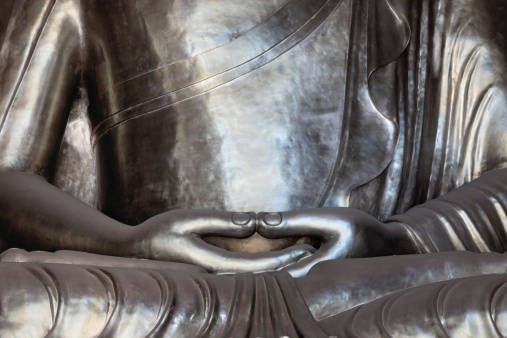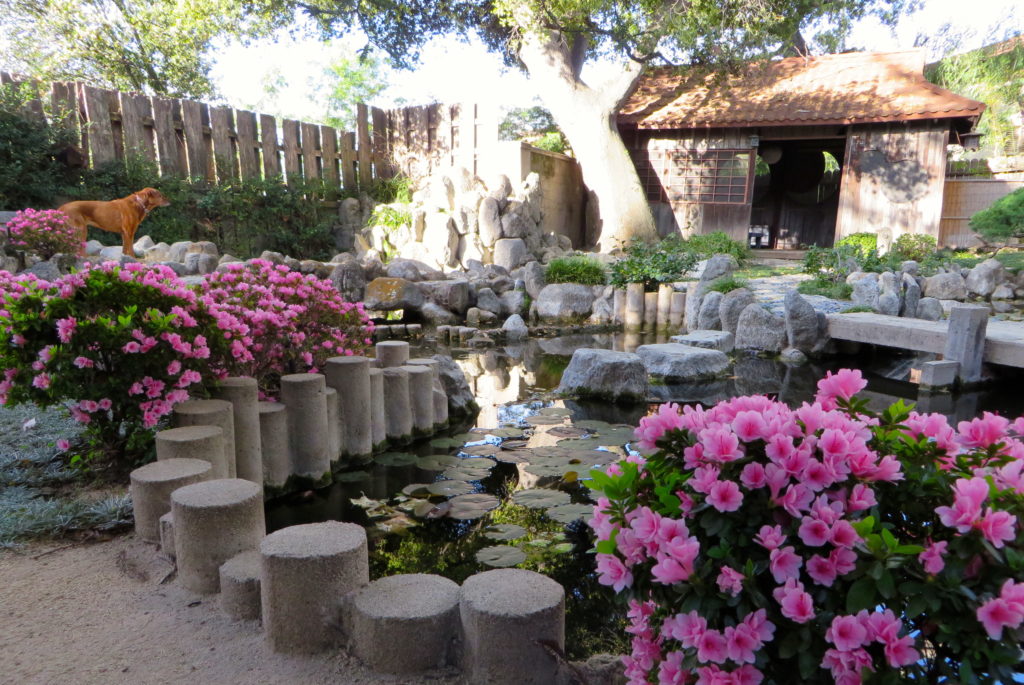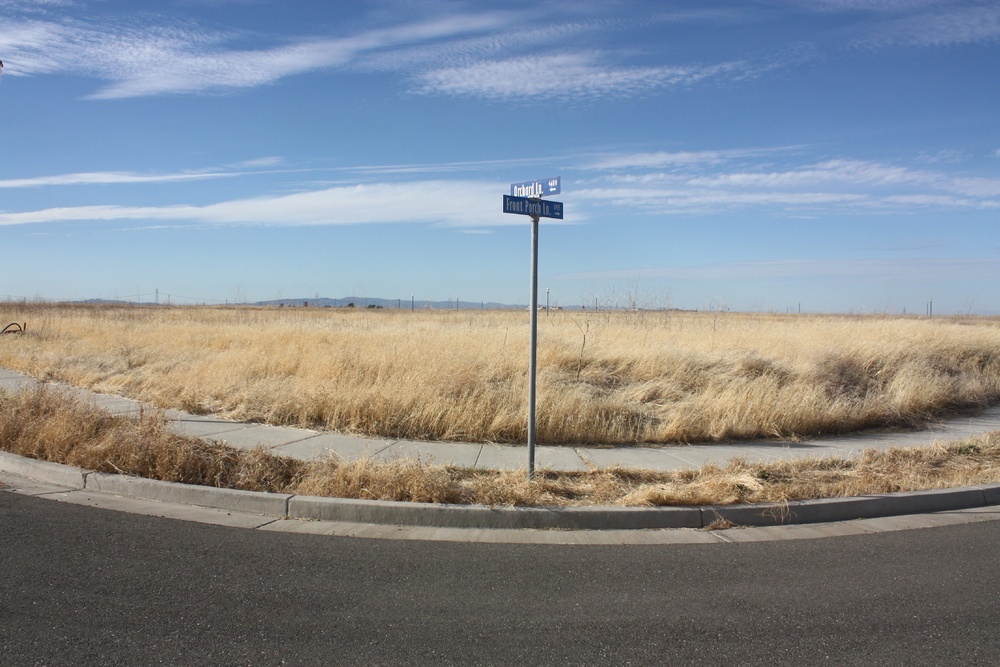Last Wednesday at 10:32 a.m. I got a 16-word text from my daughter, which is noteworthy regardless of what it said. She was at the awards assembly on the last day of her junior year of high school. She wasn’t expecting to hear her name announced. Middle school convinced her that “they don’t give awards to people like me” and it wasn’t a complaint, but a clear-eyed wager, since that’s when a handful of kids emerge at the top of Geometry and Robotics and Chess Club and Debate, with better-than-perfect grades so that when I asked who they do give awards to she answered, “the same people every time.”
Won most improved in APUSH and AP bio and magna cum laude and summa cum laude
That night she had dinner with a friend of my husband’s, an entrepreneur who offered to advise her on applying to his alma mater, a school that has emerged as her new Number 1. He told her that there are lots of kids with good grades—good grades don’t set you apart to the admissions director at a great school. She needed to be special. She needed to stand out by standing up for something. Where did she want to make her mark?
That sounds crazy to me, suggesting as it does that our teenagers rave about themselves before they have any idea who they are or want to be. Isn’t that what college is supposed to be about? Taking the long road to arrive at a better understanding of the world and how you might fit into it?
She and I wondered why her two favorite teachers awarded her “most improved.” Her history grade had held steady all year long. There were a lot of good students in AP Bio. I told her what her teachers had said at the parent conference last fall: She writes down everything I say, she’s eager to participate, and she’s heading in the right direction.
If I could, I would turn around and tell those teachers what I’ve learned this year: She loves and respects you, you’ve inspired her, and she couldn’t wait to go to your class each day.
I have a daughter who cannot bullshit. She won’t boast, can’t pretend, and doesn’t waltz around thinking she’s special. She thinks her teachers are special.
They are.
****
Coffee mug by PhotoCeramics on Etsy.

